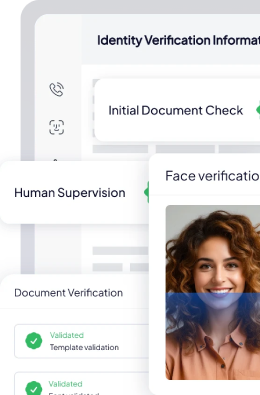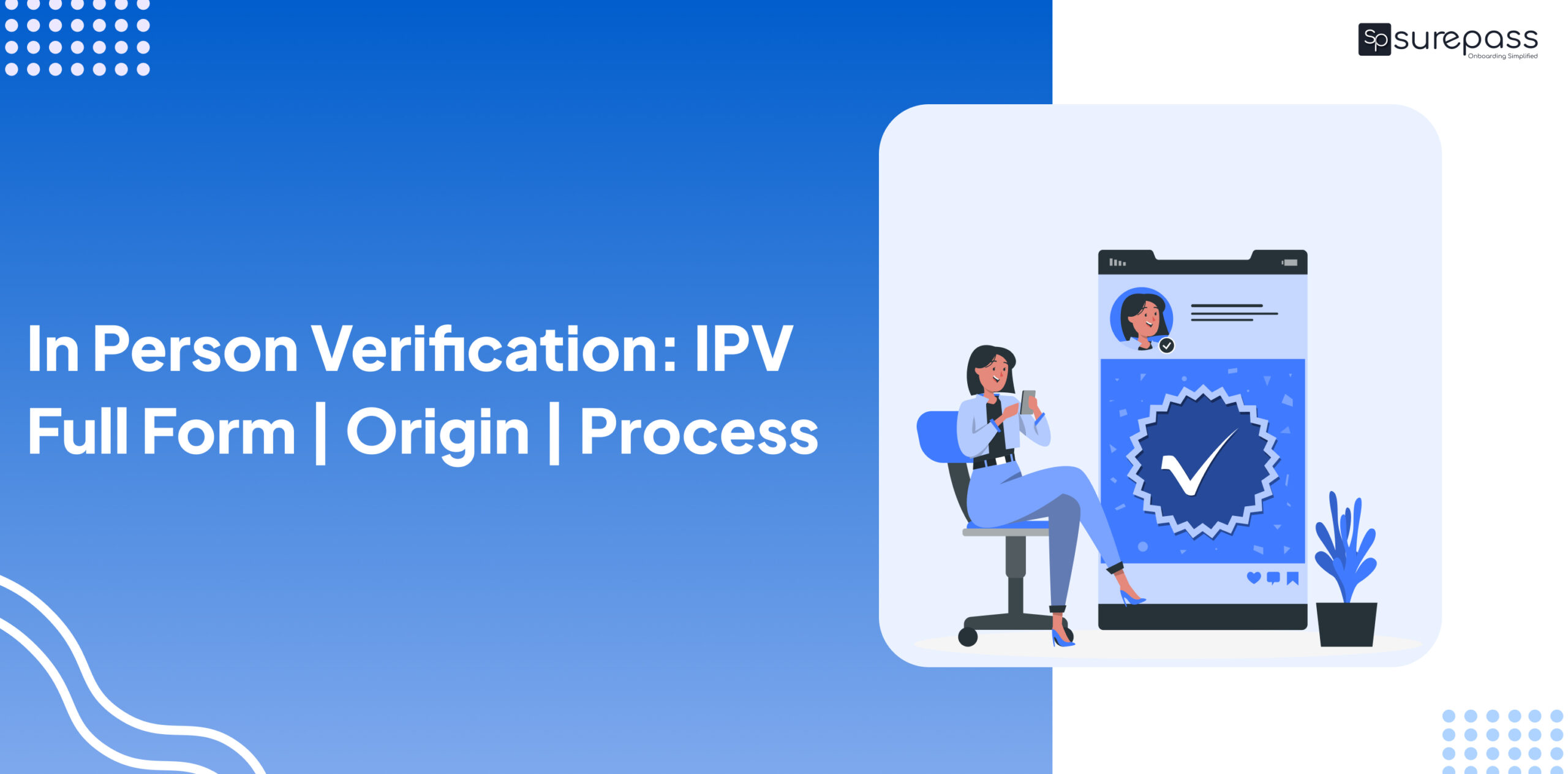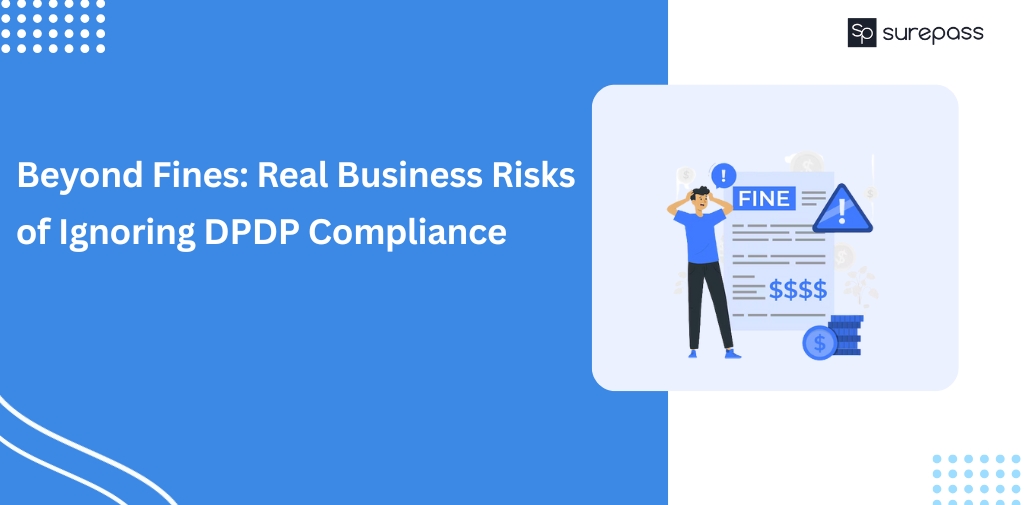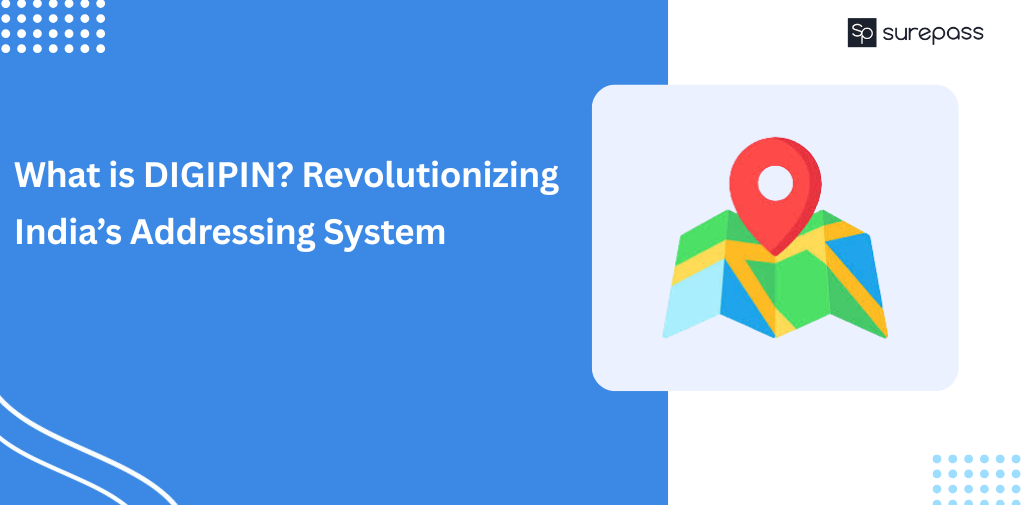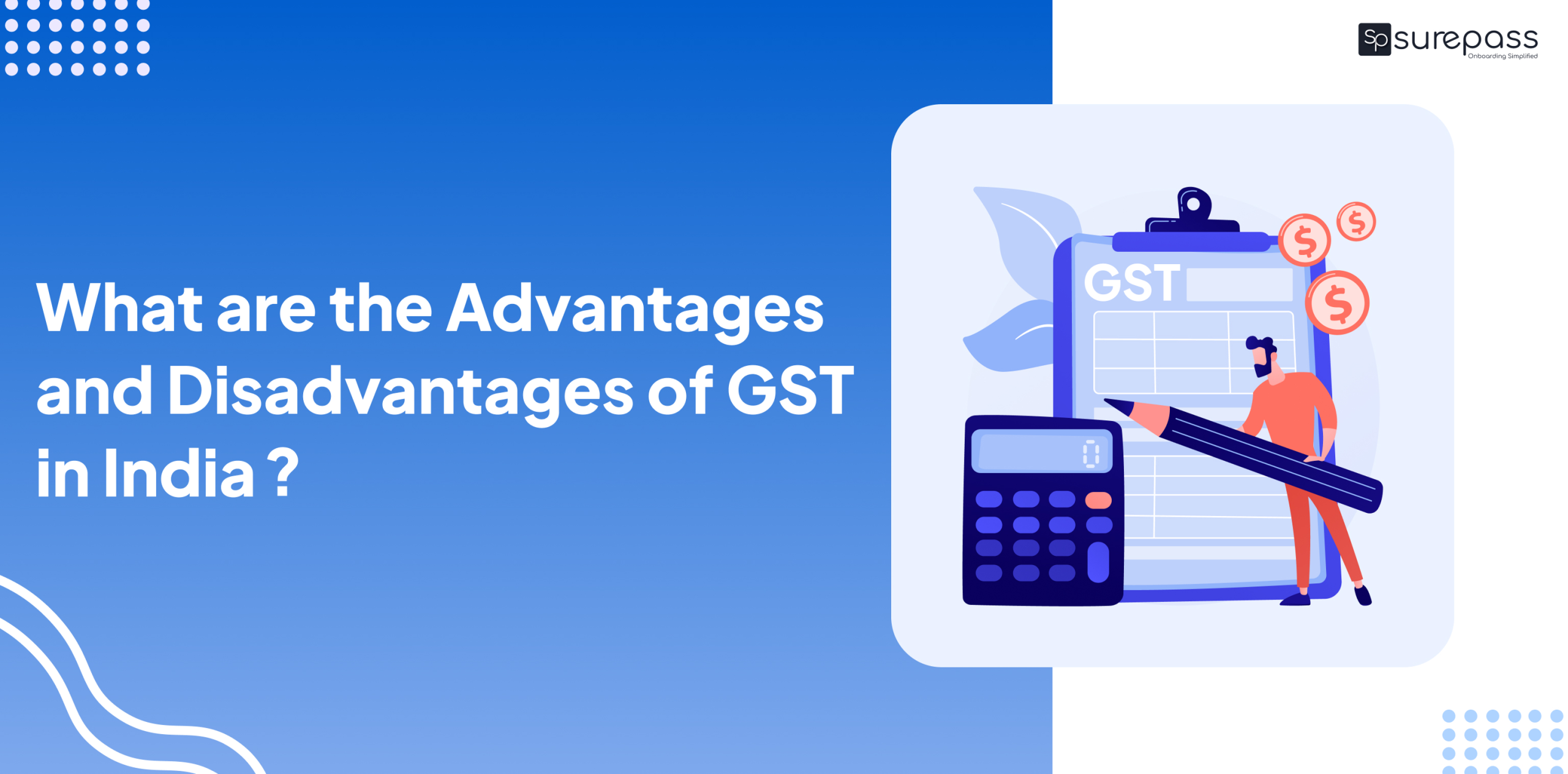What is IPV?
Nowadays, businesses face issues like duplicate PAN, Counterfeit ID cards, fake bank account details, synthetic ID theft, and others. Biometric-based ID cards help solve these issues but are not fully-proof.
Due to this IPV (IPV Full Form In Person Verification) is important to incorporate in the verification process of investors. IPV verification helps check that all the details and documents the investors share are correct. In-person verification is a mandatory process in KYC of investors, sailors, NRIs, people of Indian origin, etc.
What is IPV and IPV Full Form?
IPV full form is Person Verification is a process used by businesses and financial institutions for the verification of an individual. This process involves physical verification and meeting the individual to confirm accurate identity verification.
In the IP Verification process, documents like passports, driving licenses and Aadhaar cards are verified.
The main purpose behind IPV is to check the identity of individual identity and detect fake document legitimacy before customer onboarding.
Origin Of IPV Verification
IPV or In-Person Verification (IPV Full Form) is a crucial part of identity verification process in the financial and investments sectors. Let’s know when this started and why it is important.
Beginning
IPV comes into play to verify the identity of a person before account opening and financial transactions to reduce identity theft and financial fraud. IPV became mandatory after the Prevention of Money Laundering Act (PMLA), started on July 1, 2005. This Act focuses on the strictness of KYC Processes.
SEBI after the arrival of PMLA made it mandatory to incorporate IPV for the investor verification. Initially, IPV involves personal visits to offices for physical verification. However, due to technological advancements, IPV can be completed via video calls online.
Automate your KYC Process & reduce Fraud!
We have helped 200+ companies in reducing Fraud by 95%
What is the Process for Conducting IPV?
Here is a small brief on the steps that occur in the IPV.
- Document Submission: The first step of IPV is document submission such as identity proof and address proof to the Asset Management Company.
- Verification Process: The AMC verifies the documents to complete the KYC process. Traditionally, the IPV Verification process requires physical visits. But now with the availability of video calls, it can be done remotely.
Important Documents List For IPV Verification
Identity Verification
PAN Card
Address Proof
Passport
Aadhaar Card
Driving License
Voter ID
LIC Policy
Passbook
What are the Authorized Entities for IPV in KYC?
Here, is the list of the authorized for the In-Person verification.
- Transfer Agents like CAMS/ Karvy Computershare
- KYC Registration Agency (KRA)
- Registrar of Mutual Funds
- Distributor of Mutual Funds
- Asset Management Company (AMC)
- Mutual Fund Representative
SEBI Rules for IPV
- Mandatory Process: All intermediaries must conduct IPV for investor verification.
- Responsibility: It is the responsibility of intermediaries to collect and securely maintain all customer details.
- Data Access: Once a KYC Registration Agency (KRA) record is updated, other intermediaries can access the information, reducing the need for repeated verification and preventing data duplication.
- SEBI Approval: Only IPV conducted by SEBI-approved intermediaries is recognized.
Who Needs To Be KYC Compliant?
IPV is an important part of the KYC process, here are the types of investors who must complete KYC.
- Anyone whether an individual or an entity investing.
- Guardians investing on behalf of minors.
- Holders of Power of Attorney (PoA) making investments on behalf of others
- Individuals who inherit investments or become investors through legal changes. (For example, if an original investor passes away)
Conclusion
IPV Verification is an essential process to carry out the verification of investor identities and prevent fraud. It is mandated by SEBI and the Prevention of Money Laundering Act (PMLA), IPV requires investors to submit original documents for verification. Previously, IPV was carried out physically but now online verification has made it easy with remote verification. Only SEBI-approved intermediaries can conduct IPV and once verified, KYC records will simplify transactions. IPV confirms the authenticity of investor details and helps protect against financial fraud.
FAQs
1. What Is IPV in KYC?
In Person Verification (IPV) is an important step in the KYC process. It confirms that the customer is legitimate and documents are valid. IPV helps prevent financial crimes such as money laundering.
2. What Does IPV Stand For?
IPV full form or stands for In Person Verification. It is a person’s verification of a person and documents submitted by a person.
3. What Is In-Person KYC?
The face-to-face meeting of an investor for verification in KYC is called In Person verification.
